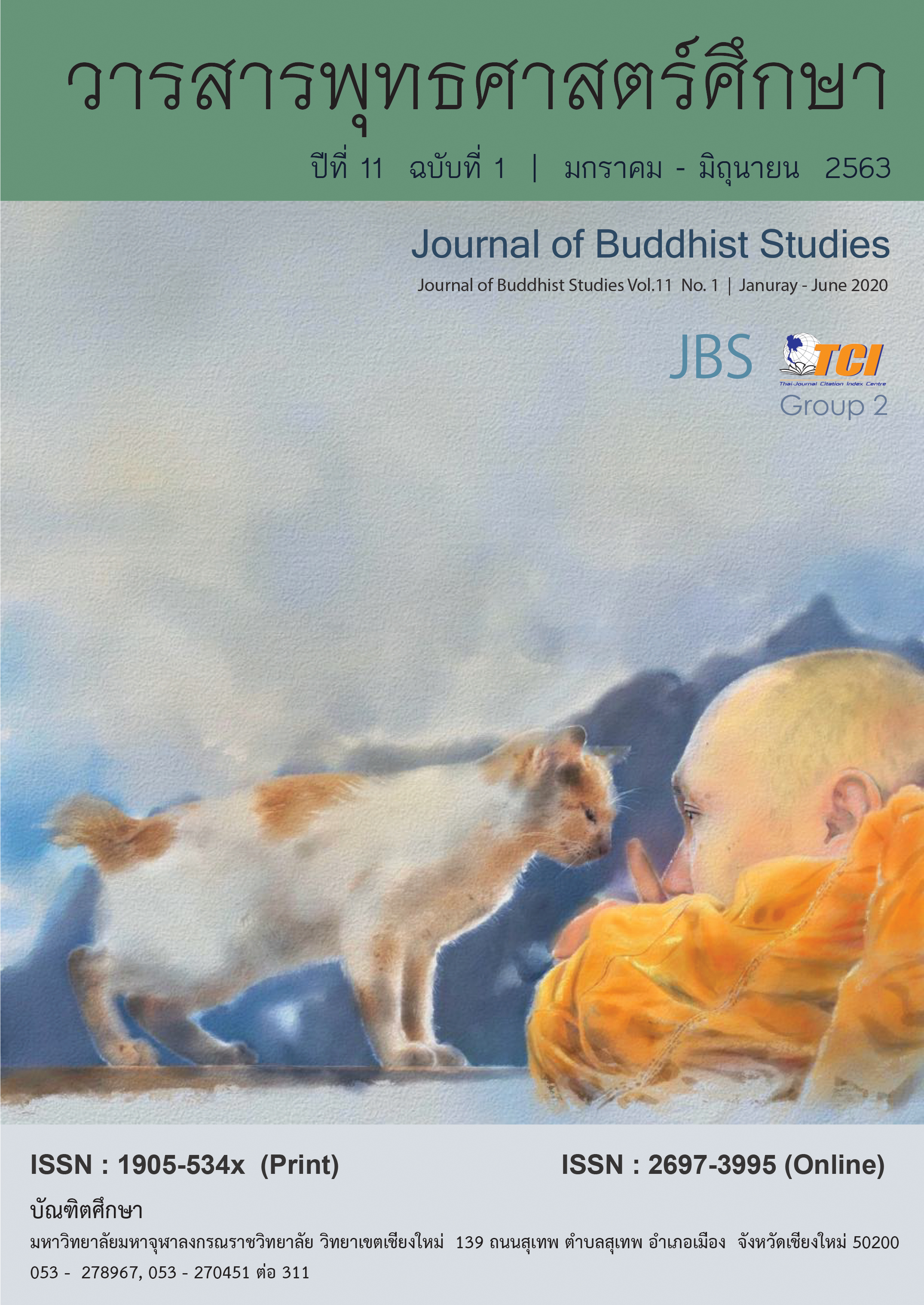Development of the Literature Instructional Model to Promote Intercultural Awareness of English Major Students
A Pilot Study
คำสำคัญ:
The Literature Instructional Model, Intercultural Awarenessบทคัดย่อ
The purposes of the study were 1) to investigate the effectiveness of the literature instructional model (LIM) in promoting Thai students’ intercultural awareness with the set criteria of 80/80 and 2) to examine the opinions of Thai students towards the implementing of the LIM model. Quasi-experimental study was used in this research. Population for this research was 56 third-year English major students in the Faculty of Education, Buriram Rajabhat University, registering in the Short Story course in the first semester of the Academic Year 2018.
The findings of the study revealed that 1) the effectiveness of the literature instructional model to enhance EFL students’ intercultural awareness through learning ASEAN short story at 80.93./81.13, which was higher than the expected criteria 80/80. 2) The third-year English major students reported positive opinion towards the literature instructional model at agree level ( = 4.20 and S.D. 0.51).
เอกสารอ้างอิง
Baker, W. (2009). Intercultural Awareness and Intercultural Communication through English: An Investigation of Thai English Users in High Education. Thesis for the degree of doctoral philosophy. University of Southampton.
Baker, W. (2012). From cultural awareness to intercultural awareness: culture in ELT .Retrieved 10 December, 2019, from https://www.researchgate.net/publication/ 271834404_From_cultural_awareness_to_intercultural_awareness_Culture_in_ELTELT Journal, 66 (1).
Boas, R. P. (1931). The study and Interpretation of Literature. Harcourt: Brace and company Inc.
Buosonte, R. (2019). Educational Research and Development. 1 publication, Bangkok CU press.
Chlopek, Z. (2008). The Intercultural Approach to EFL Teaching and Learning. Retrieved 10 December, 2019, from https://eric.ed.gov/?id=EJ1096289.
Choeichaiyapoom, P. (2013).Effect of English Instruction Using Intercultural Approach on Intercultural Awareness of Upper Secondary School Students. Thesis of Master Degree, Chulalongkorn University.
Cronbach,L.J.(1974).The dependability of Behavioral Measurement Theory of Generalizability for Scores and Profile. New York: Wilely Press.
English Program. (2017). English Curriculum, Faculty of Education, Buriram Rajabhat University.
Euamornvanich, P. (2017). Intercultural Communication. Retrieved from January 9, 2020 fromhttps://www.rmufms.com/home/journal/document/journal/6364d3f0f495b6ab9dcf8d3b5c6e0b01.pdf
Furr, M. (2004). Literature Circle for EFL Classroom. Retrieved 12 December 2019. from https://scholar.google.com/scholar?hl=en&as_s






